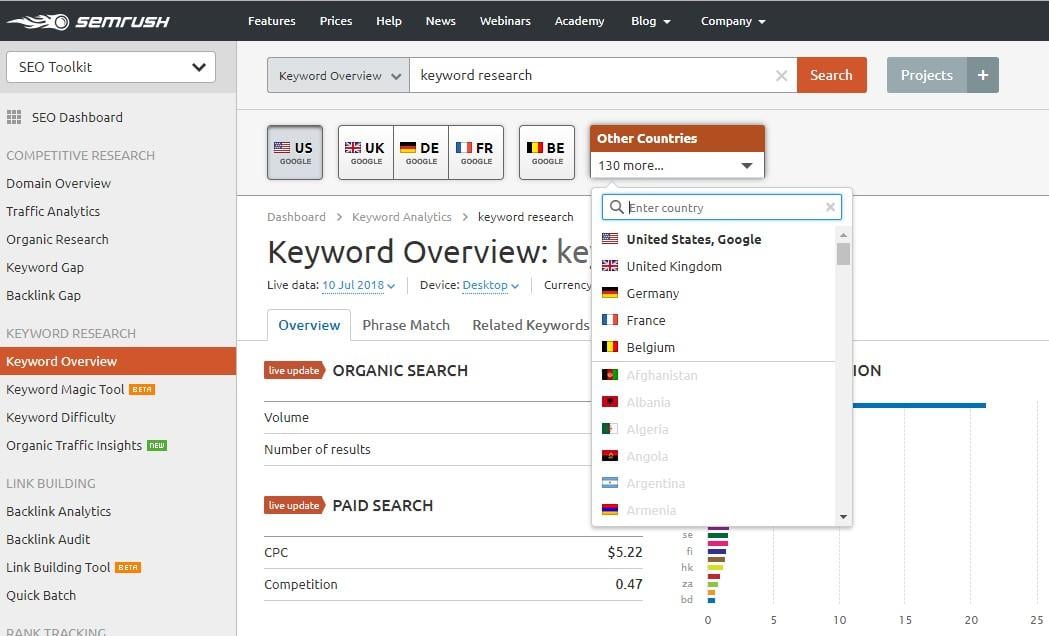Cracking the Code of International SEO: A Comprehensive Guide
Cracking the Code of International SEO: A Comprehensive Guide
Blog Article
Browsing the Digital Landscape: Leveraging International SEO for Cross-Border Success
In today's interconnected digital globe, businesses are significantly looking beyond boundaries to take advantage of global markets. Leveraging search engine optimization (SEARCH ENGINE OPTIMIZATION) approaches tailored for global audiences is critical for accomplishing cross-border success. The intricacy of navigating the digital landscape on a global range demands a nuanced strategy, from understanding the basics of International SEO to executing geotargeting and multilingual keyword phrase approaches. As firms strive to broaden their reach and presence throughout various regions, maximizing website structures and monitoring cross-border performance become important components of a successful global SEO approach.
Comprehending International SEO Principles
Browsing the complexities of global SEO requires a solid understanding of basic concepts to properly broaden on the internet exposure across boundaries. One critical facet of worldwide SEO is recognizing the importance of localization. This involves customizing web site material to fit the etymological, cultural, and industrial differences of target audience. Keywords must be not only translated yet additionally adjusted to show just how users in different areas search for info.
In addition, having a clear understanding of geo-targeting is necessary. This entails indicating to internet search engine the specific nations or regions a site is targeting. Carrying out hreflang tags is one method to connect this info, guaranteeing that the right variation of a page shows up in the search results for an individual in a certain area.
Furthermore, understanding the influence of neighborhood search engines and social media platforms is crucial for international SEO success. While Google is leading in many areas, countries like China have their very own search engines like Baidu, requiring tailored strategies for each system to make the most of on-line presence (International SEO).

Targeting Multilingual Keyword Methods
Creating multilingual keyword techniques is important for efficiently getting to diverse worldwide target markets and maximizing online presence throughout various etymological regions. When targeting multilingual keyword phrase methods, it is vital to conduct complete research study to comprehend the specific search terms and phrases utilized by the target audience in each etymological area. This involves not only converting keywords however likewise thinking about cultural nuances, local dialects, and search fads distinct to every target market.
To produce a successful multilingual key phrase method, it is very important to prioritize relevance and search intent. Keywords must straighten with the material on the website and resonate with the cultural context of the target audience. Using tools such as Google Keyword Phrase Coordinator, SEMrush, or Ahrefs can assist recognize high-performing search phrases in various languages and analyze their search quantity and competitors degree.
Furthermore, surveillance and assessing the performance of multilingual keywords regularly is necessary for maximizing and refining the strategy gradually. By continuously adjusting to changes in search behavior and patterns, organizations can improve their on the internet presence and attract even more global traffic to their web sites.
Executing Geotargeting and Hreflang Tags
When aiming to improve worldwide SEO approaches, incorporating geotargeting and hreflang tags is essential for optimizing website visibility throughout different areas. Geotargeting entails customizing web content click this link to particular locations, making sure that customers in different locations get pertinent information. By applying geotargeting, companies can boost their neighborhood search rankings and attract region-specific web traffic.

Optimizing Internet Site Structure for Global Exposure
To additionally enhance worldwide SEO methods past geotargeting and hreflang tags, enhancing the website structure is crucial for attaining worldwide visibility and making the most of reach across different areas. A well-structured web site not just enhances like it customer experience but additionally helps with search engine spiders in understanding the web content and context of the site. When aiming for worldwide presence, it is important to make sure that the internet site is arranged in a rational fashion that accommodates individuals from different nations. Implementing a clear pecking order with distinct classifications and subcategories can aid in boosting the website's navigating and user-friendliness.
Additionally, creating language-specific subdirectories or subdomains can aid online search engine deliver the appropriate variation of the internet site to customers based upon their language choices, additionally boosting the overall user experience. In addition, maximizing website here URL structures to consist of pertinent keyword phrases and geotargeted terms can enhance the website's presence in various regions. By structuring the internet site successfully for worldwide audiences, organizations can increase their opportunities of drawing in international web traffic and expanding their reach throughout boundaries.

Surveillance and Examining Cross-Border Performance
Effective surveillance and studying of cross-border efficiency is necessary for examining the success of international search engine optimization approaches and determining opportunities for enhancement in worldwide reach and presence. By very closely tracking crucial efficiency indications (KPIs) across various markets, businesses can gain useful insights right into the effectiveness of their cross-border SEO efforts. Keeping track of metrics such as organic web traffic, keyword rankings, conversion rates, and bounce rates can give a thorough sight of how well a site is executing in different areas.
Analyzing cross-border efficiency data allows organizations to determine patterns, patterns, and locations for optimization. By contrasting performance across different nations, areas, or languages, companies can pinpoint effective techniques and localize material to much better satisfy particular target audiences. Additionally, keeping an eye on cross-border efficiency enables businesses to stay agile and receptive in the ever-evolving digital landscape. Routine analysis of search engine optimization efficiency on an international range makes certain that business can adapt their approaches swiftly to utilize on arising chances and keep a competitive side in worldwide markets.
Final Thought
In verdict, worldwide search engine optimization plays an essential function in accomplishing cross-border success by optimizing sites for worldwide visibility, targeting multilingual keyword strategies, applying geotargeting and hreflang tags, and checking cross-border efficiency. By recognizing the fundamentals of global search engine optimization and maximizing web site frameworks accordingly, businesses can effectively reach and engage with their target audiences throughout different areas and languages. This critical strategy is crucial for expanding market reach and driving online growth in today's electronic landscape.
Report this page